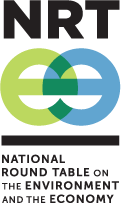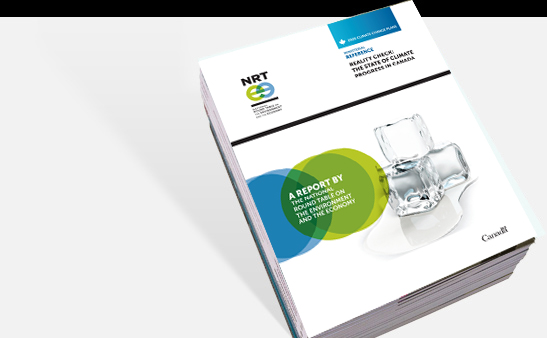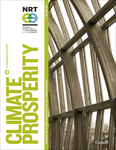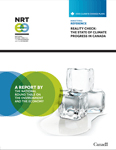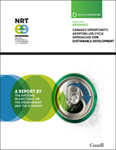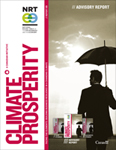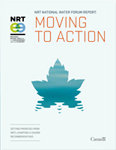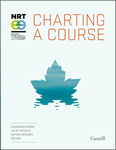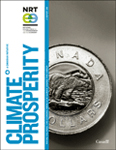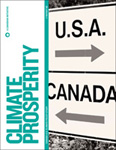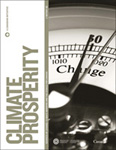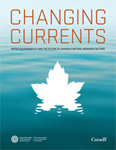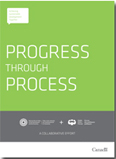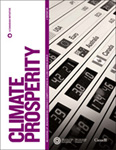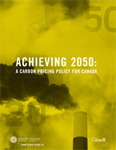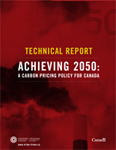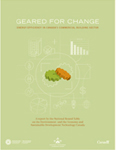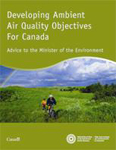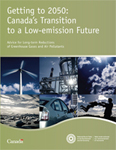Annual Report 2008-2009 – A Look Ahead
WATER SUSTAINABILITY AND CANADA’S NATURAL RESOURCE SECTORS
The Water Sustainability and Canada’s Natural Resource Sectors Program has an ambitious set of goals for Phase II which runs from April 2009 to March 2010. During this time, the NRTEE will further engage with each of the sectors and other relevant stakeholders to learn, firsthand, about the issues, risks and barriers associated with water and sector sustainability. To that end, the NRTEE will initiate four sectoral roundtables (agriculture, forestry, energy and mining) in the Fall of 2009.
This will lead to a first report on implications and opportunities for the sectors and water sustainability. This will form the basis of a next step of research and consultations leading to formal advice and recommendations to governments and industry.
ECONOMIC RISKS AND OPPORTUNITIES OF CLIMATE CHANGE FOR CANADA
This program is a two-year initiative to assess the economic risks and opportunities for Canada related to climate change. It will develop strategic policy recommendations to secure Canada’s economic future in a changing climate. The program recognizes that climate change is not solely an environmental issue – it is an issue of long-term strategic importance for Canada’s economy. The work will not only underscore the need for Canada to participate in global eff orts to reduce greenhouse gas emissions and how best to do so, but will also highlight the importance of adapting to the changing climate.
Work on the program in 2009 will focus on two research streams, with a program-wide focus on stakeholder and citizen engagement.
The first research stream deals with the physical impacts of climate change. Climate change will bring risks to the economy, for example from sea-level rise and from extreme events such as storms and floods. There will also be some economic benefits for Canada from climate change, at least in the short-term, such as reduced heating bills as winters become less cold. Currently, there is insufficient knowledge about what the physical impacts of a changing climate will mean for Canada’s economy and regions, and the costs of adaptation.
The second research stream addresses the risks and opportunities that are created by a global transition to a low-carbon economy. As the world enacts policies to reduce emissions, new industries and technologies will emerge. Research will need to identify sectors with greatest opportunities or risks, and to benchmark Canada’s performance in terms of low-carbon innovation. This stream of work will explore how Canada can seize the opportunities that a global transition to a low-carbon economy will create.
